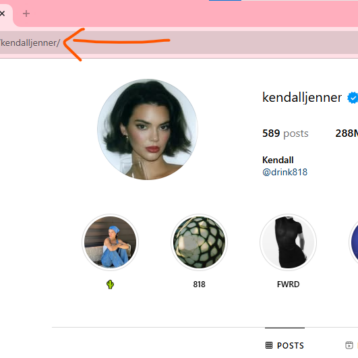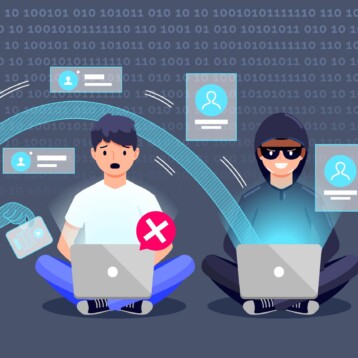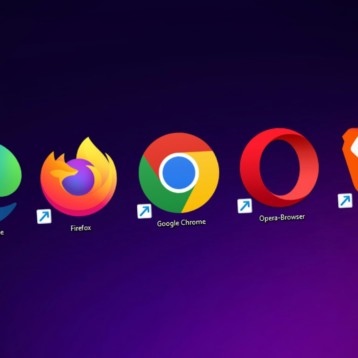
The Internet, like the print, radio, and TV media, is subject to control. Beyond the basics, every news piece, editorial, or opinion piece is shaped by the beliefs of the folks in control of the media. This is nothing new. CNN, MSNBC, NBC, ABC, and similar media outlets spin the news from their perspective for a liberal-minded audience or a non-conservative mainstream element. Opposing news channels in the form of Fox News cater to conservatives with stories and opinions tailored to a different type of audience. The mainstream media is perceived as progressive while the conservative media portrays a different narrative. Much the same is true across the board, with entertainment, topical interest stories, research, analysis, and beyond.
A much bigger issue affects Internet users: privacy considerations. With all the ongoing controversy about how Facebook and other social media giants are using data, sharing data, and accessing data, people have a right to be concerned. A recent survey was conducted about privacy considerations and Facebook. When 87 million users’ data had been shared with Cambridge Analytica, everyone was outraged. If all of this stuff sounds like internet mind control, it probably is. Social networking sites are a coup de grace. They get people to volunteer their most sensitive information, in copious amounts, and if you’re not careful, they will share that information with whoever pays the highest price, according to the convoluted privacy settings that are in place.
Despite an initial avalanche of criticism against Facebook and how the information was disseminated, a recent poll suggests that most people in the US remain loyal to Facebook. The Reuters/Ipsos survey was conducted between April 26 and April 30, and it indicates that 64% of Facebook users log into the service at least once a day, down slightly from 68% at the end of March. For the research firm that utilized the data – Cambridge Analytica – the end is nigh and the company will soon be closing down.
How Should We Approach Internet Privacy, Security, and the Like?
Governments and companies utilize their dominance of the system to put forth their own narrative. This inherent bias is ironclad for news and media outlets. For example, CNN is vehemently anti-Trump and most of their stories push that narrative. On the flipside, Fox News is pro-Trump and most of their stories push that narrative. Somewhere in between these two extremes is a happy medium where the truth resides. Unfortunately, most of us don’t get to see that balanced perspective on the news. Newspapers like the New York Times are liberal, and college campuses are largely anti-conservative as well. These realities – known or not – create a skewed perspective of the world we live in.
On the Internet, we have Facebook, Twitter, Google, and other social media organizations that also push a specific narrative. Facebook came under significant scrutiny over privacy issues, and Zuckerberg has taken full responsibility for the ‘leaks’ that took place. Stories get promoted that further the opinions of management and ownership. We see this across the board with companies like Reddit, Twitter, and others. Different media channels serve up different news based on their preferences, and their slant. We have hitherto been able to use VPNs to access content that is restricted to us. In China, access to the Internet is limited to government-controlled sites only. VPNs in Asia and elsewhere provide a way for people to access restricted content. However, there are growing concerns that the privacy considerations within VPNs make them less private than we otherwise may have expected.
There are multiple instances of even VPN services being subject to government oversight. A little research goes a long way towards righting these wrongs. The right VPN software can help avoid that type of issue by providing you with trusted services that do not keep logs of user data. This is the most essential element of VPN software. Any time logs can be requested, privacy considerations evaporate. Clients are advised to only choose trusted VPN services. It is entirely possible that Russia will make VPNs illegal, and if this happens, people will lose even more freedom on the World Wide Web.
In addition to using a VPN, you can take steps to reduce your digital footprint. Your digital footprint can be used by potential employers deciding whether you’re a good hire, businesses looking to convert you into a customer, as well as malicious cybercriminals. While you can’t delete everything, you can take steps to minimize your footprint. For more detailed information on how you can reduce your digital footprint, check out the following resource: what is a digital footprint?










